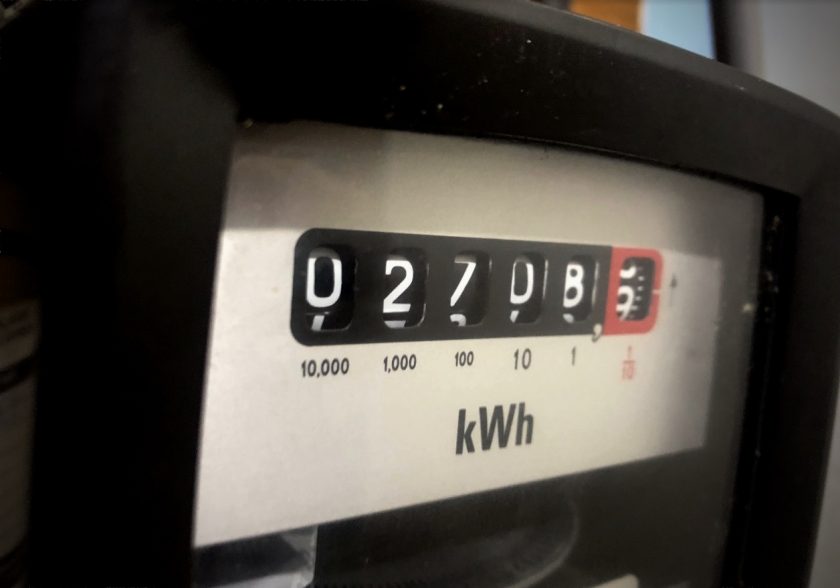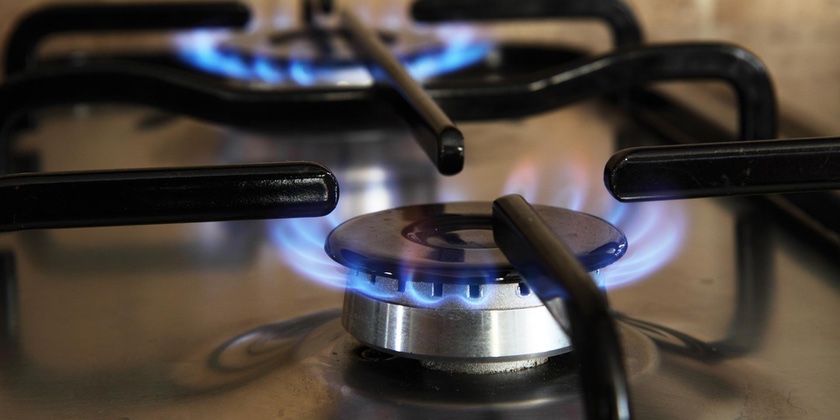New PM must think the unthinkable on energy bills support, as winter catastrophe threatens families’ physical and financial health

An imminent jump in energy costs this winter, colliding with temperatures falling and energy use increasing, could have devastating impacts on low-to-middle income households across the country.
The incoming new Prime Minister will need to introduce “radical new policy support” such as energy bill freezes and “solidarity taxes”, or unprecedented social tariffs costing tens of billions of pounds – to prevent the deepening energy bills crisis, a new Resolution Foundation report published today says.
The report examines the impact of rising energy bills on low, middle and high-income households this winter, with the price cap forecast to hit £3,600 in October and top £4,500 in January, and the policy response required.
The report (pdf) notes typical energy bills will cost around £2,000 more this year than last year – money that many families simply don’t have.
This income shock will be most acute this winter, when close to 80 per cent of all annual domestic gas demand occurs, and among low-income households, who will spend twice as much of their family budgets on energy bills as high-income families.
The UK’s four million customers on pre-payment meters face the toughest conditions as they can’t spread their energy costs and could face bills of £613 in January. Even after the £67 energy bill rebate, this is equivalent to a totally unaffordable 44 per cent of their typical monthly disposable income.

While £30 billion has already been committed to supporting families with energy bills, the Foundation warns that a far higher price cap coming in ahead of peak energy use means we are on course for a winter catastrophe, with the cost of energy £881 higher than forecast back in May.
Thousands could see their power cut off and health endangered, while millions could fall behind on bills, run up arrears, and damage their credit ratings. Already, the number of families who are falling behind on at least one utility bill has increased from 9 to 14 per cent between October 2021 and June 2022.
The report says that significant fresh support must take account of who is least able to cope with rising bills, namely low- and middle-income families, and recognise that surging prices will increase bills by more for some than others, including larger families and those in energy-inefficient homes.
It shows that Liz Truss’ plan to reverse the recent rise in National Insurance contributions completely misses the target, with the richest fifth of households set to gain twice as much in cash terms as the entire poorest half of households together.
Rishi Sunak’s proposal to repeat targeted lump sum support – the extra £5 billion he has committed would be enough for another round of £650 payments for the 7.3 million households on means-tested benefits – focuses help closer to where it’s needed most.
However, relying on repeat payments exclusively to deliver support is risky given that they do not account for families’ differing energy usage.
An extra £650 payment would still fall £300 short of covering the higher-than-expected winter bills for a quarter of low-income recipients.
Furthermore, they do nothing for struggling families outside the benefit system. A household earning £1 too much to qualify for Universal Credit would miss out on £1,300 of support.
The Foundation says that at a minimum future payments should reflect household size, but a better approach would be for additional support to come via a new social tariff on energy bills for low-and-middle income households, including those not receiving benefits.
A 30 per cent bill reduction for those on benefits, or with no-one in the household earning over £25,000 (with smaller savings for those with no-one earning over £40,000) would cost £15.4bn, but benefit 94 per cent of the poorest half of households (compared to 45 per cent if entitlement was limited to those on benefits).

While desirable, the logistical challenges of putting a social tariff in place means the Government might prefer to achieve a similar impact by combining a universal 30 per cent reduction in the price cap with a solidarity tax on higher-income households.
A solidarity tax of a 1 per cent increase in all income tax rates would see the large costs of a universal price reduction (£23.5bn) partially offset by a tax increase of £9.5 billion, with 60 per cent paid by the top fifth of households.
This approach would significantly improve on the policy of all major opposition parties of simply freezing the price cap because it would avoid giving too much support to higher-income households, and do less to force the Bank of England to further increase interest rates today.
In fact, the richest fifth of households would benefit more in six months from the opposition party’s proposed price cap freeze than they would in a year from cancelling the National Insurance rise.
Jonny Marshall, Senior Economist at the Resolution Foundation, said:
“A catastrophe is coming this winter as soaring energy bills risk causing serious physical and financial damage to families across Britain. We are on course for thousands to see their energy cut off entirely, while millions will be unable to pay bills and build up unmanageable arrears.
“The new Prime Minister will need to think the unthinkable in terms of the policies needed to get sufficient support to where it’s needed most.
“Significant additional support should be targeted at those most exposed to rising bills and least able to cope with them, and be watertight so that no-one falls through the cracks. But none of the proposals from the leadership candidates or the opposition parties currently do this.
“An innovative social tariff could provide broader targeted support but involves huge delivery challenges, while freezing the price cap gives too much away to those least in need. This problem could be overcome with a solidary tax on high earners – an unthinkable policy in the context of the leadership debates, but a practical solution to the reality facing families this winter.”
Spotted something? Got a story? Email: [email protected]
Latest News
